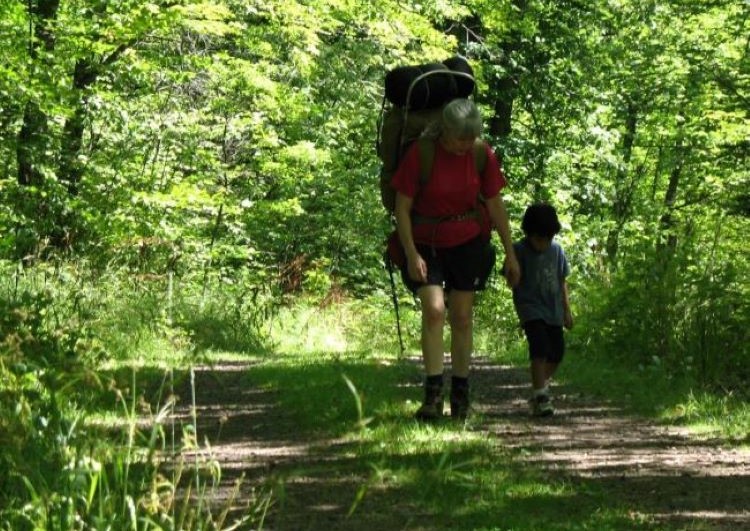It was 39 degrees, sunny and warm for Minnesota in early
March. Max and I were meeting with the
director of disability services at Augsburg University to discuss what the
college could and couldn’t offer him.
Katy asked Max to share his understanding of his disability and what
help he thought he would need.
I had learned to hold back, having been burned once before at
a high school IEP conference. I’d jumped
in right away with the questions I’d listed on a sheet of paper. But Max interrupted: I’m leading
this meeting, he said, glaring at me.
Now he talked about his ADHD, how he processed things more
slowly than other kids, how reading was slow and hard and he did better with
audio, how he used to be ashamed to ask for help but isn’t anymore, how he does
better with tests if he can be in a room by himself … . Katy sat back, her eyebrows raised: You
know a lot more about what you need than most of the students who come in here.
He was sitting up straight and looking her in the eye. He spoke with a low, slow, drawl I only saw
in meetings: However …, he was saying, and, Therefore …. .
She asked him about services at the University of Minnesota,
where he’d taken college classes last fall.
To be honest, he said, they weren’t the greatest. I’d go to Hlee for help and she’d say do this
and do that and then I’d leave and nothing would be different.
Wait: didn’t he say he loved Hlee? That he didn’t know what he would’ve done
without her?
Avalon prepared him well to advocate for himself, I
said. But they weren’t as good at requiring
the kind of reading and memorizing and test-taking that you have to do in
college.
That’s not true, Max insisted. It depends on what classes you choose to
take. I took physics and there were lots
of quizzes and readings and I did well.
You’re partly right, he said looking at me, but you’re also wrong.
The word wrong kept ringing in my head, like
the fading peal of a gong.
On the campus tour, I tried to cover Max’s silence. I
couldn’t seem to stop myself from asking questions and making little jokes.
One of the girls pointed out a nearby shop: Girlfriends
Boutique. I’ll have to check that
out, I said. Maybe …
Oh no you won’t, Max hissed.
The two girls laughed. I felt my face grow hot. I was the butt of the joke, the oblivious,
intrusive, infantilizing mother. I
meant I’d come on my own, not when you were here ….
Max was talking over me: You have to let go some time, I
did it a long time ago …
His disgust was palpable.
The next morning, after my husband had left for work and Max
had left for school, I sat down on the couch and cried and cried. It’s too soon, I thought. I’m not ready. For a long time I’d been sure Max
wasn’t ready, that he needed and wanted a few extra years at home. But now it was undeniable: he’s pushing me
out, trying to claim more space for his burgeoning self. I have to admit it: He wants to
leave. He wants to experience
life beyond the home my husband and I have created. He wants to challenge himself.
This is all exactly as it should be, and I’m proud of him
for resisting my impulse to grab hold and shield him. Yet I feel bereft, inconsolable as a child. Impossible to lay down the intense,
all-consuming project of the last 18 years: doing everything humanly possible
to ameliorate his disabilities, foster his unique strengths. Make him feel safe
and loved and happy to be himself.

No comments:
Post a Comment